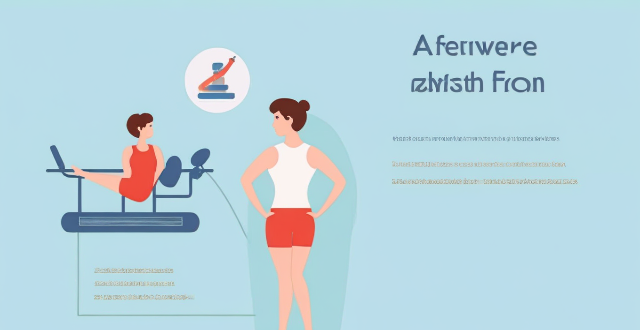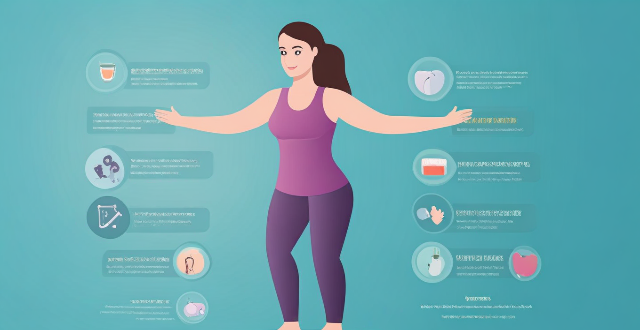Spine Pain

Are there any specific yoga poses that help with back pain ?
Yoga is an effective way to alleviate back pain, and these specific poses can help. Child's Pose stretches the lower back and hips, Downward-Facing Dog strengthens the entire body including the back muscles, Cat-Cow Stretch warms up the spine and improves flexibility in the lower back, Bridge Pose strengthens the muscles surrounding the spine, and Legs-Up-the-Wall Pose promotes relaxation and reduces swelling in the legs.

Can exercise help reduce common pregnancy discomforts like back pain and swelling ?
Exercise can help alleviate common pregnancy discomforts like back pain and swelling by strengthening core muscles, improving posture, enhancing flexibility, promoting circulation, and reducing fluid retention. However, it's important to consult with a healthcare provider before starting any exercise program during pregnancy and follow safety precautions such as starting slowly, avoiding high-impact activities, staying hydrated, and listening to your body.

Is it true that exercise can help manage chronic pain conditions ?
Exercise can help manage chronic pain conditions by reducing pain intensity, improving physical function, enhancing quality of life, and increasing energy levels. It is important to consult with a healthcare professional before starting any exercise program and to start slowly, gradually increasing intensity over time while listening to your body's responses.

What should I do if I experience pain during exercise ?
Pain during exercise can be a sign of injury or overexertion. To prevent and manage pain, it is important to warm-up properly, stretch regularly, pay attention to your body's signals, incorporate cross-training, take breaks, drink plenty of water, use proper form, rest and recover, and seek medical advice if necessary. By following these steps, you can reduce the risk of injury and improve your overall fitness.

How can I prevent back pain from sitting all day at work ?
Sitting for prolonged periods can lead to back pain, especially if you have a sedentary job. However, there are several ways to prevent back pain from sitting all day at work: 1. Maintain good posture by sitting up straight and adjusting your chair height. Use a footrest if needed and keep your elbows close to your body. 2. Take short breaks every hour to stand up, walk around, and stretch your muscles. Perform desk exercises and stretch regularly to reduce tension. 3. Use ergonomic furniture such as an adjustable chair with lumbar support and an adjustable desk that allows you to alternate between sitting and standing. Place a supportive mat under your chair for additional cushioning and support. 4. Strengthen your core muscles through core exercises, yoga or Pilates, and abdominal exercises like crunches and planks. 5. Practice good habits outside of work by maintaining an active lifestyle, paying attention to your sleeping position, and avoiding heavy lifting.